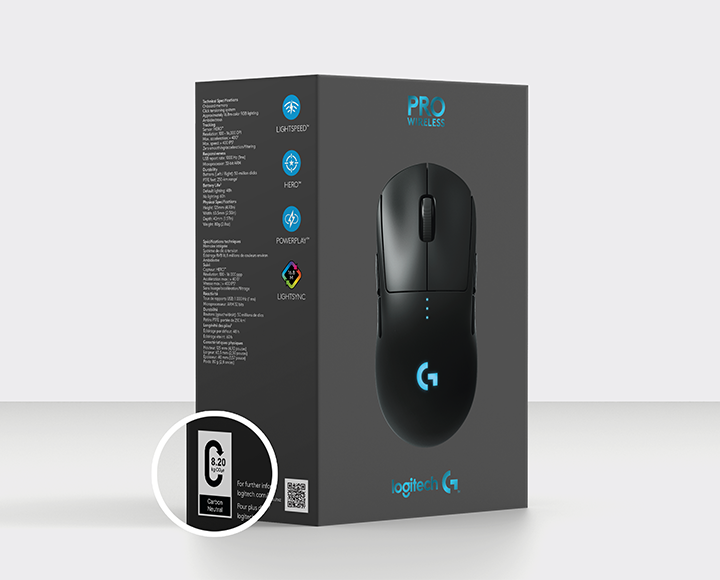As of yesterday, there were 55 “presumptive positive” cases of COVID-19 in my small Northern New Jersey town. I don’t know who my ailing neighbors are, and that gives me some comfort that I haven’t been exposed to the virus — because if I had any contact with them, I would have been notified. Maybe.
I didn’t know much about “contact tracing” before this whole thing started, but its one of the most effective weapons we have at fighting this thing while smart, passionate medical professionals and researchers seek some way to “cure” it or at least vaccinate it.
Contact tracing is critically important for identifying all the people that an individual might have seen, touched or been near. South Korea, which flattened the curve of its spread far more quickly than here in the United States, uses this method seriously — by gleaning all sorts of data from the GPS on mobile phones, car navigation systems, surveillance cameras, credit card transaction reports and so on. The country regularly sends alerts about potential exposure to citizens via their mobile phones, urging them to self-isolate and consider reporting for testing.
Doing that trace manually, however takes a lot of time.
That’s why the unprecedented move by frenemies Google and Apple to cooperate on contact tracing technology, announced April 10, is pretty profound. It’s also immensely terrifying for anyone who has read “1984.”
Under their partnership, both Apple and Google intend to build software into their mobile phone operating systems that will make it far simpler to trace contact exposures more quickly. They envision creating apps that will enable people to report if they’ve been infected, which would enable public health authorities to send alerts to phones that might have been near that person.
How would it do that? By using the Bluetooth connection included on most smartphones to record the identity of other nearby devices and keep a log in the background.
Since these two companies together control an immense share of the smartphone market, they can cover many, many people. And their decision to share this data, regardless of whether you’re on Team Google or Team Apple from a mobile perspective is important. Their software isn’t exactly known for being interoperable, and that has been a problem in countries that have started doing this more proactively than the U.S.
“All of us at Apple and Google believe here has never been a more important moment to work together to solve one of the world’s most pressing problems,” the companies said in their joint press release.
Both CEOs took to Twitter to give their effort some visibility.
You’ll notice that both of them bring up the privacy dilemma. Because that’s the really terrifying part of this. When I mentioned this idea to my husband last night, his first reaction was, “Hell no!” He’s not a big reader, but he immediately thought of Big Brother. The notion that these two powerful companies might be collecting all sorts of data about where you’ve been and when AND that they would be sharing this with government agencies is not something that he’s comfortable with.
To be clear, the companies say they’re focusing on “proximity” to other devices, that they won’t be recording specific locations and that the data will be anonymized. Important steps, indeed. But still.

